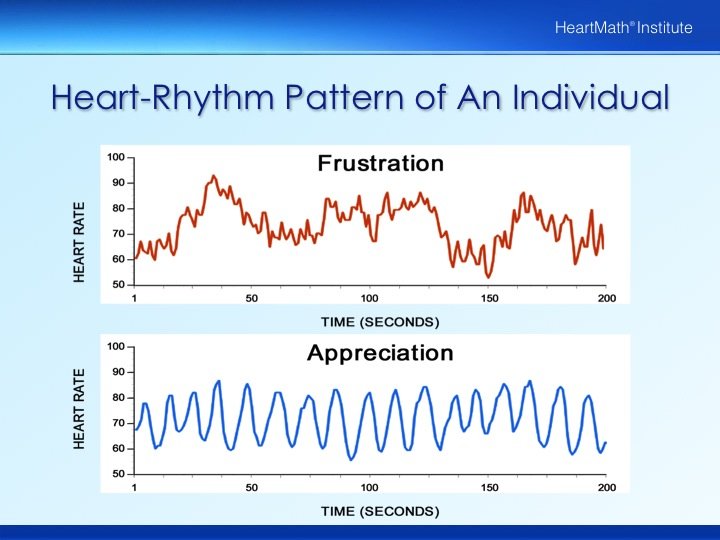More and more people in Vancouver are turning to neurofeedback as a safe and effective way to address a variety of mental and physical issues. Neurofeedback uses information about brain activity to help people learn how to regulate their own brain function, manage stress, and feel better in their lives.
What is Neurofeedback?
At its core, neurofeedback therapy is based on the idea that the brain is capable of adapting and improving in response to feedback. During a neurofeedback session, electrodes are placed on the scalp to measure brain activity, which is then fed back to the person in real-time through visual or auditory cues. By providing this immediate feedback, the brain can learn to regulate its own activity and function more efficiently.
Numerous research studies have shown that neurofeedback can be a successful treatment for a wide range of conditions. For example, studies have found that neurofeedback therapy can help reduce symptoms of ADHD, anxiety disorders, depression, PTSD, and addiction.
One study published in the Journal of Clinical Psychology found that neurofeedback therapy was effective in reducing anxiety and depression symptoms in adults. In the study, participants who received neurofeedback therapy reported significant reductions in anxiety and depression symptoms compared to those who received traditional talk therapy.
These studies, along with many others, highlight the potential benefits of neurofeedback therapy as a safe and non-invasive treatment option for a variety of mental health conditions.
Why choose the Blooming Brains team at East Vancouver Counselling for Neurofeedback Sessions?
Our Counsellors work closely with each person to create a personalized treatment plan that takes into account their unique needs and goals. Our professionals have extensive training in NeurOptimal® neurofeedback and use state-of-the-art tools and methods to provide individualized feedback and support.
Neurofeedback can help with enhance cognitive function for those who have experienced traumatic brain injuries or even help athletes improve their performance. Our team is passionate about helping people achieve their goals and improve their overall quality of life, and we support you every step of the way. We believe that everyone deserves the chance to reach their full potential, and we’re here to help make that happen.
If you’re thinking about trying neurofeedback in Vancouver, you’ve come to the right place! We’re Blooming Brains, and we work at East Vancouver Counselling, and we’d love to help you on your journey. Our team of qualified and experienced practitioners offer NeurOptimal® sessions, and we’re dedicated to providing each person with personalized support and guidance. Contact us for a free consultation.
____
1. Arns, M., de Ridder, S., Strehl, U., Breteler, M., & Coenen, A. (2009). Efficacy of neurofeedback treatment in ADHD: The effects on inattention, impulsivity and hyperactivity: A meta-analysis. Clinical EEG and Neuroscience, 40(3), 180-189. https://doi.org/10.1177/155005940904000311
2. Cortese, S., Ferrin, M., Brandeis, D., Holtmann, M., Aggensteiner, P., Daley, D., … & Sonuga-Barke, E. (2016). Neurofeedback for ADHD: A review of current evidence. Child and Adolescent Psychiatric Clinics of North America, 25(2), 393-405. https://doi.org/10.1016/j.chc.2015.12.006
3. Hammond, D. C. (2011). What is neurofeedback: An update. Journal of Neurotherapy, 15(4), 305-336. https://doi.org/10.1080/10874208.2011.623090
4. Leins, U., Goth, G., Hinterberger, T., Klinger, C., Rumpf, N., & Strehl, U. (2007). Neurofeedback for children with ADHD: A comparison of SCP and theta/beta protocols. Applied Psychophysiology and Biofeedback, 32(2), 73-88. https://doi.org/10.1007/s10484-007-9031-0
5. Sherlin, L. H., Arns, M., Lubar, J., Heinrich, H., Kerson, C., Strehl, U., … & Hammond, D. C. (2011). Neurofeedback and basic learning theory: Implications for research and practice. Journal of Neurotherapy, 15(4), 292-304. https://doi.org/10.1080/10874208.2011.623090
These studies cover a range of topics related to neurofeedback, including its efficacy in treating ADHD, its comparison to other protocols, and its implications for research and practice.



